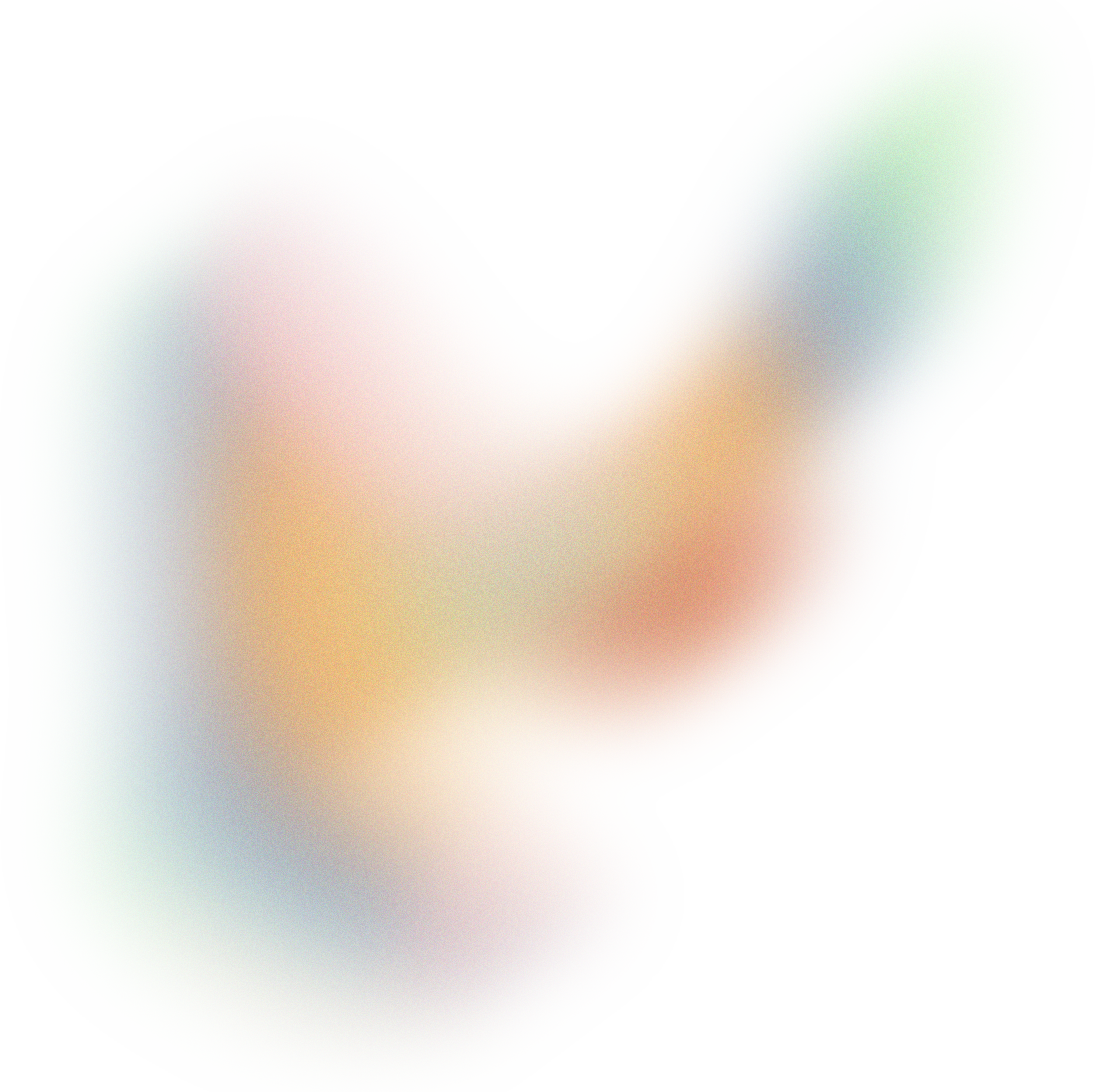
Phytotherapy
Phytotherapy is the science that studies the use of plants, roots, leaves, flowers, etc. with a therapeutic purpose to prevent, improve or cure any ailment.
The use of medicinal plants has decreased due to the advancement of medicine that has developed effective drugs for the treatment of the most serious pathologies. Although many of the active ingredients that are chemically synthesized today have a natural origin.

Science has always been aware of the potential of medicinal plants and, therefore, some pharmaceutical laboratories have products based on phytotherapy.
In our sessions we may suggest some of these elements that you can get at any pharmacy or herbalist near your home. We also monitor your consumption. They may be:
Liquids
infusions, or maceration with water, syrups, drops or essential oils, etc.
Or preparations that dissolve in alcohol.
Semi-liquids
Ointments, creams, gels.
solid
Capsules, powdered roots.

They are classified according to their properties as: Stimulants, anabolic, relaxing, digestive, Musculoskeletal condition, Immunomodulators, specific for the circulatory system, Adaptogens or Nootropics.
Adaptogens
Adaptogens (Mushrooms, plants, roots) have the ability to normalize body functions and hormones, with a general and broad effect. They activate the defense system and help the body adapt to stressful situations, minimizing their impact.

Some of its functions are:
Restore and improve physical and mental energy.
Protect the brain and nervous system, which, among other things, improves memory and perception.
Improve physical and mental resistance.
Relieve anxiety and mild depression.
Offset the effects of sleep deprivation.
Protect against certain types of free radicals, that is, act as an antioxidant.

Nootropics
These are substances (of botanical origin) that improve cognitive performance by ensuring adequate brain metabolic function.
Benefits can vary depending on the substance, but some of the most common effects are improved memory, concentration, motivation, and mood. contribute to long-term brain health, potentially delaying brain aging and cognitive decline, and act by influencing areas such as brain waves, cerebral blood flow, cellular energy, hormones and neurotransmitters.

Bach flowers

It is a system of 38 flower essences discovered in 1930 by the British doctor Edward Bach, bacteriologist and pathologist, with the intention of developing a therapy capable of treating each individual as a complete being, and not just the disease they suffer from.
Bach knew that most human illnesses were a consequence of a negative mental state; then, each flower would be associated with one of the emotions they produce.

They help to obtain a positive emotional state that leads to the restoration of a healthy balance, and capable of catalyzing the individual's own resources to maintain that balance.
Each remedy has properties for different existing problems.
They are prescribed in one session every 20 days, which is the same time it takes to consume a dropper, and how the formula is adjusted is evaluated.

